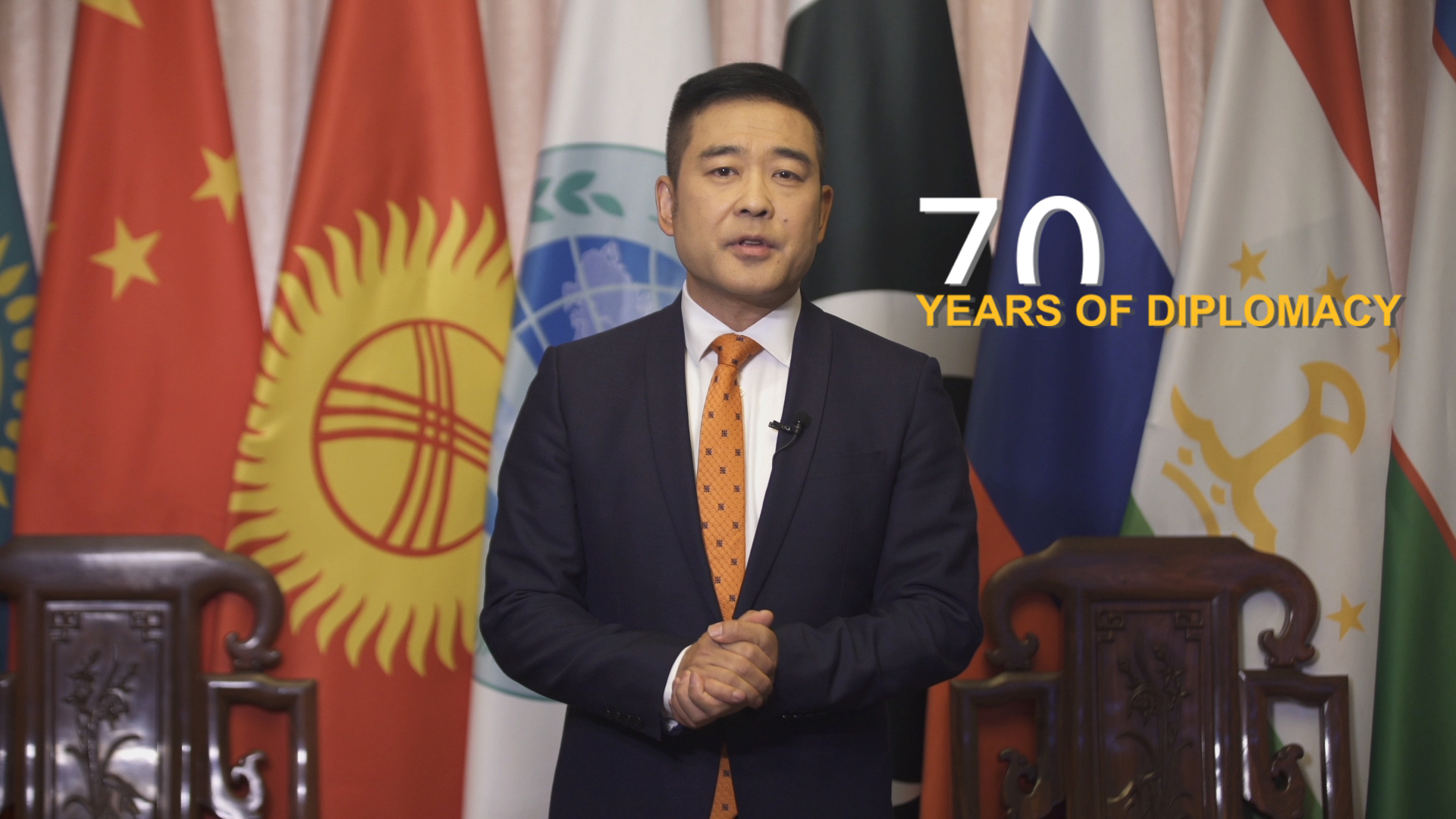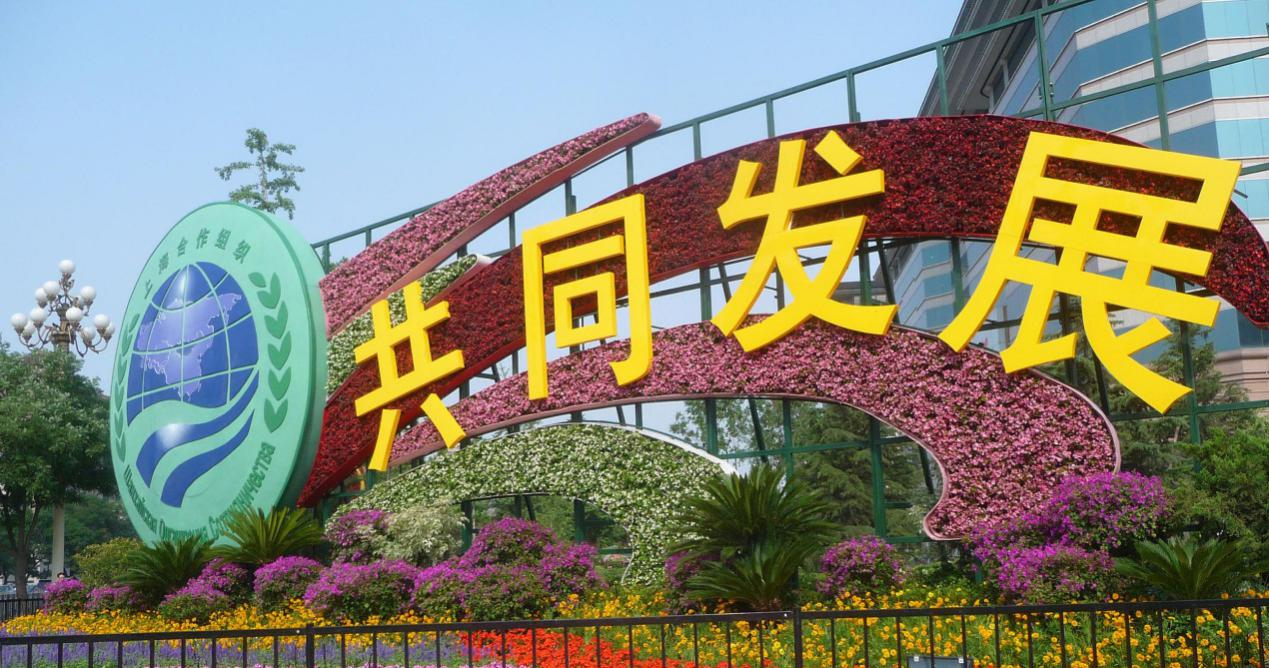05:06

As China's international influence grows, the country has become more involved in regional affairs.
An organization named after a Chinese city – the Shanghai Cooperation Organization (SCO) – is a Eurasian political, economic and security group. It was set up in Shanghai in 2001 by China, Kazakhstan, Kyrgyzstan, Russia, Tajikistan and Uzbekistan as a replacement to the "Shanghai Five" group.
The "Shanghai Spirit" became the core value of the SCO, and this includes mutual trust, mutual benefit, equality, consultation, respect for cultural diversity, and the pursuit of common prosperity.
The organization expanded its membership to eight countries when India and Pakistan officially joined at the Astana Summit in 2017. The organization also has six dialogue partners and four observer states. The group now accounts for more than 20 percent of the global economy and 40 percent of its population.
The group aims to counter what it calls the "three evil forces" of terrorism, separatism and extremism and to safeguard regional security in central Asia.
The first bilateral anti-terror exercises were held in October 2002 on the border between China and Kyrgyzstan.
In August 2003, member countries took part in the organization's first multilateral anti-terror exercises named "Coalition 2003." They are also part of the Peace Mission series of military exercises, which have been held once every two years since 2010.
China and Russia also teamed up for large-scale military drills in 2005 and 2009. Since 2012 the two countries have held joint military exercises at least once every year, including sea drills. Chinese President Xi Jinping and Russian President Vladimir Putin attended the launch ceremony of the "Joint Sea 2014" drill.
The military exercises, "Peace Mission 2018," were held in Chebarkul, Russia. All eight SCO member states participated in the drills. Around 3,000 soldiers took part, of whom 1,070 were from the Russian army. China had 700, India 200 and Pakistan 110.

Logo of the SCO seen during SCO Qingdao Summit. /VCG Photo
Logo of the SCO seen during SCO Qingdao Summit. /VCG Photo
The member states also enjoy close trade ties. In 2018, China's total trade volume with other members reached 255 billion U.S. dollars, growing at a much faster rate than the country's overall foreign trade.
Strong progress has been made in infrastructure and interconnectivity. This includes the completion of the China-Kyrgyzstan-Uzbekistan highway, the China-Central Asia natural gas pipeline, the construction of the China-Kazakhstan and China-Russia crude oil pipelines, and the operation of China-Europe freight train routes.
The SCO also serves as a platform for China to align its Belt and Road Initiative with the development strategies of other member states. This includes Russia's Eurasia Economic Union and Greater Eurasian Partnership programs.
At the SCO Qingdao Summit in 2018, President Xi called on member states to continue upholding the "Shanghai Spirit" to overcome difficulties, defuse risks and meet challenges. He also pointed out that the group is based on a constructive partnership approach which is "non-aligned, non-confrontational, and not against any third party."
As the first international organization named after a Chinese city, the SCO is developing under its guiding principles. The organization says it hopes to enhance trust and solidarity between member states and create a better shared future.